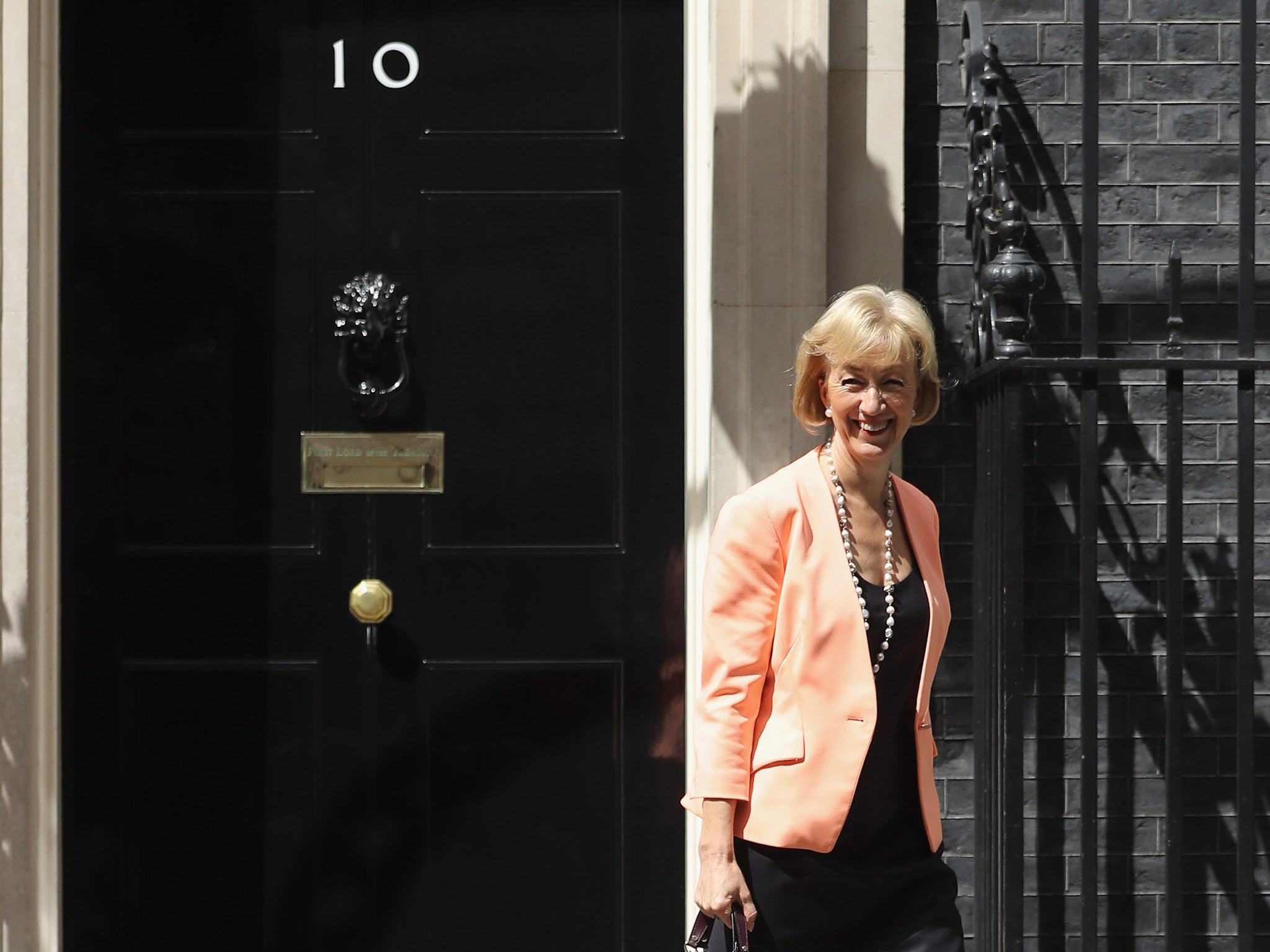More than 10,000 badgers slaughtered in last three months as Government expands cull
The Government has proposed a continuation of the animal killings

Over 10,000 badgers have been killed in the last three months in a dramatic expansion of the Government’s badger cull, according to the latest figures.
Defra figures show 10,886 badgers were put down in 10 zones across Cornwall, Devon, Dorset, Gloucestershire, Herefordshire and Somerset, in the three months from September 2016.
The latest animal killings mark a significant expansion of previous culls, bringing the total death toll since the operation started in 2013 to 14,829.
The latest round of killing took place between 29 August and 18 October and killed animals by a combination of shooting and so-called “cage traps”.
Environment Secretary Andrea Leadsom said on Friday that the Government was “taking strong action to deliver a long-term plan” to eradicate Bovine TB, which affects cattle and which the Government blames on badgers.
The Government is proposing to continue with the killings. On Friday it launched a consultation on its plans to continue shootings in order to “stabilise” the now reduced badger population.
Claire Bass, Director for Humane Society International/UK however said the numbers of slaughtered creatures were “shocking and grim”.
“There is no evidence that shooting badgers reduces TB in cattle, in fact the vast majority of scientists agree that this approach actually increases the risk of spreading the disease,” she said.
“Shooting thousands of badgers, the majority of whom will not even have TB, is a costly distraction from the real solution to TB in cattle. The truth is, they could wipe out every badger in England, and farmers would still be dealing with TB in cattle: it’s a disease of cattle, primarily spread by cattle, and it’s cattle-focussed control measures that will stop it.
“This enormous cull is completely at odds with public attitudes; across the country as people smile at a Christmas TV commercial with beloved badgers bouncing happily on a trampoline, in reality the government has sanctioned large-scale ‘badgercide’.
“Since dismissing its own independent assessment panel, the government has avoided formal scrutiny and transparency, which is wholly inappropriate for venture costing millions of pounds of taxpayers’ money.
“If we’re truly a ‘nation of animal lovers’, and if we want to lay claim to a role as world leaders in animal welfare, this cruel and pointless cull must stop.”

The minister Ms Leadsom claimed there was “broad scientific consensus that badgers are implicated in the spread of TB to cattle in the high risk area of England”.
There has however in fact been some scientific and veterinary opposition to the cull, including from embers of the Royal College of Veterinary Surgeons.
“The strategy continues to deliver results. Next year we will apply for Officially TB free status in the Low Risk Area of the country where there is no significant TB in wildlife,” Ms Leadsom said.
“This will boost trade opportunities and mean some herds require less regular TB testing, reducing costs for farmers and taxpayers. Bovine TB remains the greatest animal health threat to the UK. Dealing with the disease is costing the taxpayer over £100 million each year. Last year alone over 28,000 cattle had to be slaughtered in England to control the disease, causing devastation and distress for hard-working farmers and rural communities.
“The Government is taking strong action to deliver a long-term plan to eradicate the disease and protect the future of our dairy and beef industries. The comprehensive strategy includes strengthening cattle testing and movement controls, improving biosecurity on farm and when trading, and badger control in areas where TB is rife.”
Join our commenting forum
Join thought-provoking conversations, follow other Independent readers and see their replies
Comments
Bookmark popover
Removed from bookmarks